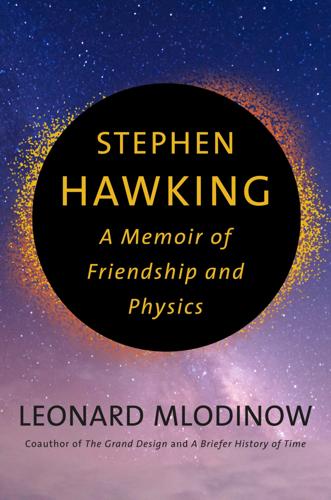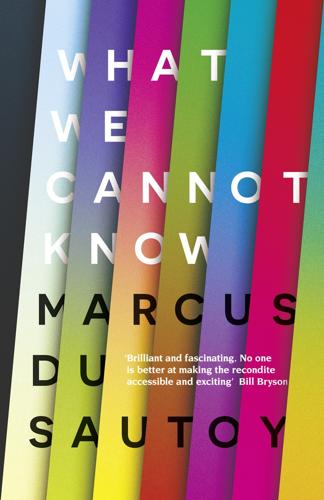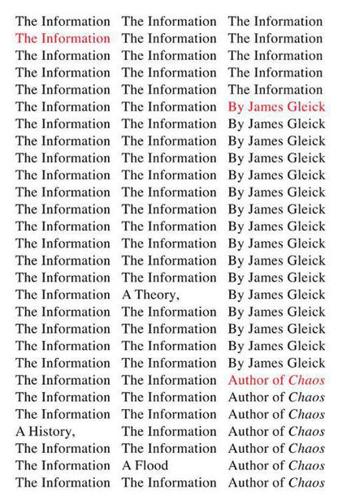black hole information paradox
description: a puzzle resulting from the combination of quantum mechanics and general relativity, questioning whether information that falls into a black hole is lost forever
3 results

Stephen Hawking
by
Leonard Mlodinow
Published 8 Sep 2020
A helium atom, for example, carries the information that it is not hydrogen or some other element. Stephen’s bet concerned the fate of that information after a bit of matter becomes part of a black hole that later vanishes through the process of Hawking radiation. The issue is often called the black hole information paradox. Due to Stephen’s reputation, his bet about it generated headlines around the world and added to a revival of interest in the issue among physicists themselves. Physics is about predicting the future. Not the future of human society, or the stock market—those are too complicated and must be left for other disciplines to tackle.
…
What’s more, Stephen predicted, as the black hole shrinks, the process will accelerate until, in the end, the black hole disappears in a powerful explosion that leaves no trace. At that point the information has been lost. The principle of unitarity has been violated. The mathematics of quantum theory says that can’t happen, but Stephen’s black hole theory says it does. That’s the black hole information paradox. According to Stephen’s theory, there’s a point at which the quantum mechanical prescription for tracing the evolution of systems must break down. Strangely, for a couple of decades the fact that Hawking radiation seemed to violate a basic tenet of quantum theory didn’t attract much attention.
…
He knew their life together had passed, just as he knew that in not so many years his own life would pass, that he’d join the other bygone scholars, living on through his immortal ideas and his portrait on the wall. * * * In 2004, when Stephen decided that he’d resolved the issue of his bet on the black hole information paradox, he chose to present his ideas at the 17th International Conference on General Relativity and Gravitation. Though it had taken him seven years to reach his conclusion, he wasn’t going to the conference to claim victory. He was going there to concede the bet. Once again, he’d decided he was wrong on an important matter and was reversing his position.

What We Cannot Know: Explorations at the Edge of Knowledge
by
Marcus Du Sautoy
Published 18 May 2016
If I throw my casino dice into the black hole, can I somehow tell how it lands from the particles emitted at the edge of the event horizon? Perhaps, like the magazines being burnt, there is in theory a way to untangle this radiation and retrieve information about everything that disappears behind the event horizon. The puzzle of what happens to the information is called the black hole information paradox. In 1997 Hawking took out another bet, and this time Kip Thorne sided with him. Their bet was with Caltech theoretical physicist John Preskill. They believed that this loss of information was inevitable. But, given that it contradicted the theory of quantum physics, Preskill wasn’t prepared to concede that information was lost.
…
As Koch points out, if you are going to attempt to answer this question as a scientist, you will need some explanation of how consciousness survives the death of your body. There have been some interesting proposals. For example, if consciousness corresponds ultimately to patterns of information in the brain – perhaps something close to what Tononi is advocating – then some argue that information can theoretically always be reconstructed. The black hole information paradox relates to the question of whether information is lost when things disappear in a black hole. But provided you avoid the black hole crematorium, the combination of quantum determinism and reversibility means no information is ever lost. The religious physicist John Polkinghorne offers this as a story for the possibility of life after death: ‘Though this pattern is dissolved at death, it seems perfectly rational to believe that it will be remembered by God and reconstituted in a divine act of resurrection.’

The Information: A History, a Theory, a Flood
by
James Gleick
Published 1 Mar 2011
Communication Theory Today. Stanford, Calif.: Stanford University Press, 1994. Daly, Lloyd W. Contributions to a History of Alphabeticization in Antiquity and the Middle Ages. Brussels: Latomus, 1967. Danielsson, Ulf H., and Marcelo Schiffer. “Quantum Mechanics, Common Sense, and the Black Hole Information Paradox.” Physical Review D 48, no. 10 (1993): 4779–84. Darrow, Karl K. “Entropy.” Proceedings of the American Philosophical Society 87, no. 5 (1944): 365–67. Davis, Martin. The Universal Computer: The Road from Leibniz to Turing. New York: Norton, 2000. Dawkins, Richard. “In Defence of Selfish Genes.”